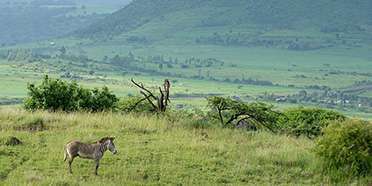
Safari Tours to Lewa Conservancy
-
![4-Day Black Rhino Wilderness Experience - Lewa]()
4-Day Black Rhino Wilderness Experience - Lewa
$2,123 to $3,124 pp (USD)
Kenya: Shared tour (max 6 people per vehicle)LuxuryTented Camp
You Visit: Nairobi (Start), Lewa Conservancy (Laikipia Plateau), Nairobi (End)

SafariPerks
4.9/5 – 11 Reviews
-
![12-Day Incredible Kenya - Masai Mara to Mountains]()
12-Day Incredible Kenya - Masai Mara to Mountains
$13,283 pp (USD)
Kenya: Private tourLuxuryLodge & Tented Camp
You Visit: Nairobi (Start), Nairobi NP, Masai Mara NR, Lewa Conservancy (Laikipia Plateau), Ngare Ndare Forest, Matthews Range (Mountain Range), Reteti (Elephant Sanctuary), Nairobi (End)

Viatu
5.0/5 – 64 Reviews
-
![7-Day Kenya Unleashed]()
7-Day Kenya Unleashed
$5,159 to $5,418 pp (USD)
Kenya: Private tour
Mid-range Lodge & Self Catering AccommodationYou Visit: Nairobi (Start), Lewa Conservancy (Laikipia Plateau), Lamu (Town & Beach), Nairobi (End)

Purple Nomad Africa
5.0/5 – 10 Reviews

 Kenya Parks
Kenya Parks














